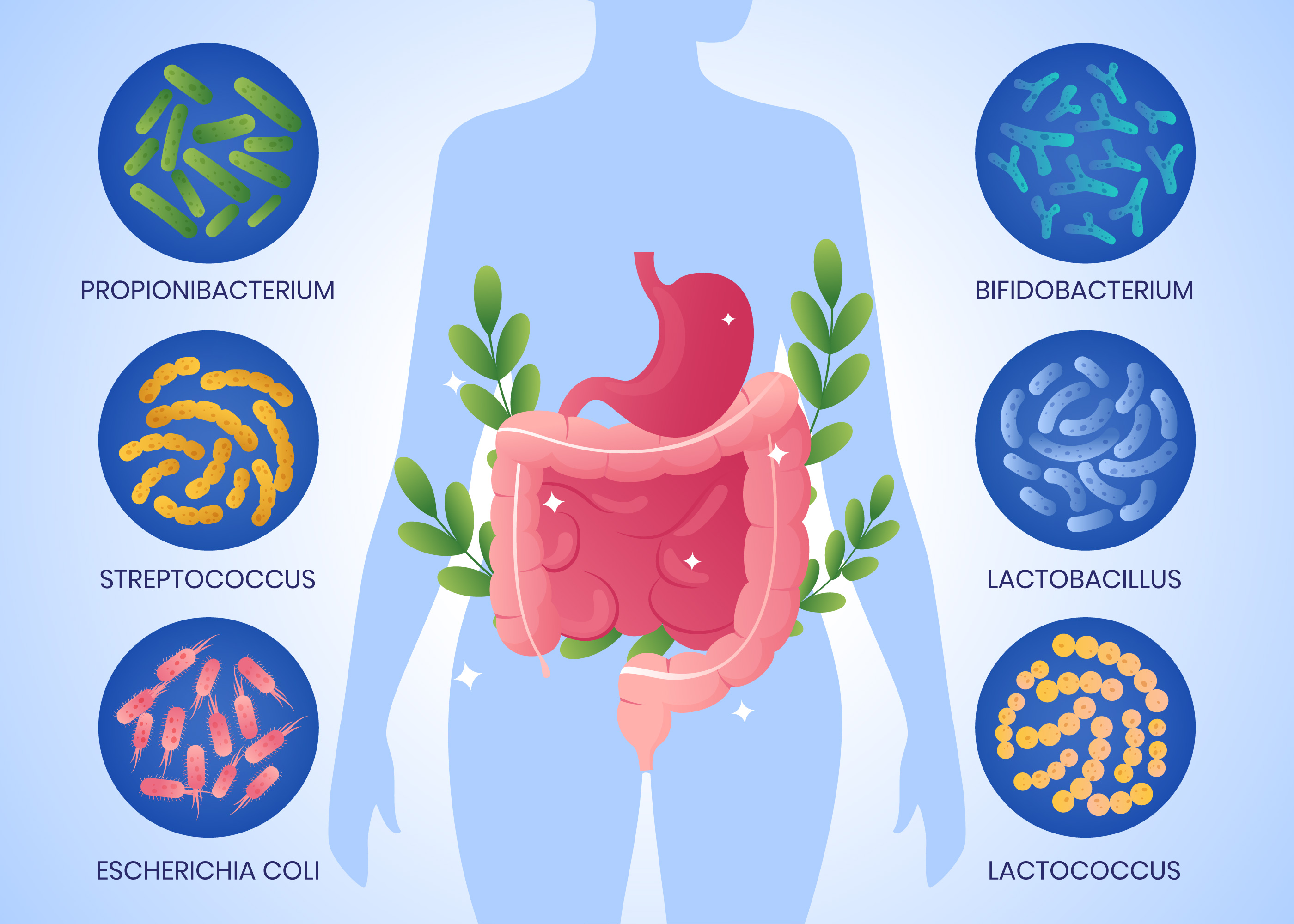How to Keep Your Digestive System Balanced

How to Keep Your Digestive System Balanced
A well-balanced digestive system is essential for overall health. When your gut functions properly, it efficiently absorbs nutrients, eliminates waste, and supports immune function. However, poor diet, stress, and lifestyle choices can disrupt gut health, leading to digestive discomfort and long-term health issues. Here’s how to maintain a healthy and balanced digestive system.
1. Eat a Fiber-Rich Diet
Fiber plays a crucial role in digestion by promoting regular bowel movements and feeding beneficial gut bacteria. Soluble fiber, found in oats, beans, and fruits, helps absorb water and softens stool, while insoluble fiber, present in whole grains and vegetables, adds bulk and speeds up digestion. Including a variety of fiber-rich foods in your diet can prevent constipation and support gut microbiome diversity.
2. Stay Hydrated
Water is essential for digestion. It helps break down food, supports nutrient absorption, and prevents constipation by keeping stool soft. Herbal teas, broths, and water-rich foods like cucumbers and watermelon also contribute to hydration. Aim to drink enough water throughout the day, especially if you consume a high-fiber diet.
3. Eat Mindfully and Chew Thoroughly
Digestion starts in the mouth, so how you eat is just as important as what you eat. Chewing food thoroughly helps break it down into smaller particles, making it easier for your stomach and intestines to process. Eating too quickly or while distracted can lead to overeating, bloating, and indigestion. Try to eat in a relaxed environment, savor your meals, and listen to your body’s hunger and fullness cues.
4. Incorporate Probiotics and Prebiotics
Probiotics are live bacteria that support a healthy gut, found in foods like yogurt, kefir, sauerkraut, and kimchi. A gastroenterologist with over 50 years of experience emphasizes the importance of combining probiotics with prebiotics—fibers that feed these beneficial bacteria, found in foods like garlic, onions, bananas, and asparagus. Together, they help maintain a balanced gut microbiome, improve digestion, and enhance immune function
5. Manage Stress Levels
Chronic stress can negatively impact digestion by slowing down or speeding up bowel movements, leading to discomfort. Practices like meditation, deep breathing exercises, and regular physical activity can help reduce stress and improve gut function. Quality sleep is also essential, as poor sleep can disrupt gut bacteria balance.
6. Avoid Overuse of Antibiotics and Processed Foods
Antibiotics can be lifesaving, but frequent use can disrupt gut bacteria balance by killing both harmful and beneficial microbes. Processed foods, high in artificial additives and preservatives, can also negatively affect digestion. Whenever possible, opt for whole, unprocessed foods and only take antibiotics when medically necessary.
7. Stay Active
Regular physical activity helps stimulate digestion by increasing blood flow to the intestines and promoting bowel regularity. Activities like walking, yoga, and stretching can aid digestion and reduce bloating. Even light movement after meals can help improve gut function.
8. Listen to Your Body
Pay attention to how your body responds to certain foods. If you frequently experience bloating, gas, or discomfort, consider keeping a food journal to identify potential triggers. Consulting a healthcare professional can also help address underlying digestive issues.
A balanced digestive system supports overall health. Simple habits like eating fiber-rich foods, staying hydrated, and managing stress can improve digestion and well-being. Prioritizing gut health leads to better energy, immunity, and long-term wellness.
Services
EasyAdmin
-
Use our EasyAdmin service manage your existing business and carry out routine administrative changes to your clients?’ policies


